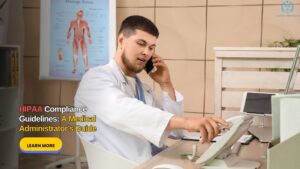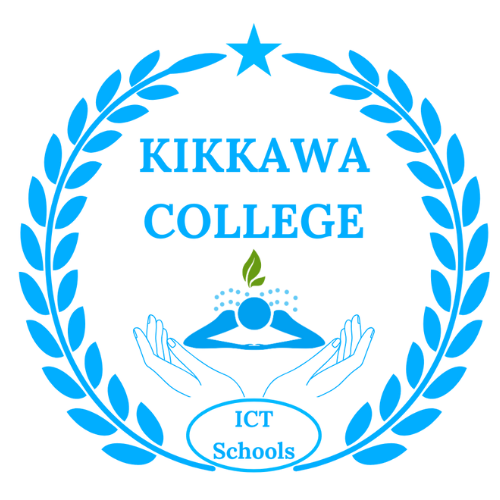Imagine a universal language. It lets insurance companies, doctors, and government agencies communicate clearly about every medical procedure. This language exists, and it forms the specialized domain of the Medical Office Administrator. Many see medical billing and coding as backend tasks, but in reality, they are critical. They ensure a healthcare practice can operate sustainably and provide continuous patient care.
The medical coder sits at the heart of this process. After a patient sees a doctor, the coder translates everything into a standardized code. This includes every diagnosis, symptom, procedure, and piece of equipment. These codes come from two primary systems: ICD for diagnoses and CPT for procedures. A coder meticulously reviews a patient’s chart to assign the correct alphanumeric codes. This requires a keen eye for detail and a strong understanding of medical terminology. Furthermore, accuracy is non-negotiable. An incorrect code can lead to a claim denial. As a result this delays payment and can impact the patient.
Once the coder completes their work, they pass this information to the medical biller. The biller acts as the practice’s financial advocate. They take the coded information and prepare a “claim” for the insurance company. This process involves verifying the patient’s insurance coverage. It also requires understanding different insurance plans. Next, they submit the claim electronically. Their job continues from there. Moreover, they must track the claim and address any rejections. They follow up persistently until the practice receives payment. Additionally, they generate bills for patients for any unpaid portions.
Ultimately, this complex dance between coding and billing forms the financial lifeblood of any clinic. Hence, errors can directly lead to revenue loss. Consequently, this affects the practice’s ability to pay staff and maintain equipment. Therefore, a skilled administrator in these areas is invaluable. The Medical Office Administration diploma at ICT Schools provides rigorous training in this universal language. You will become the crucial link that ensures healthcare providers get paid for their vital work. This allows them to focus on what they do best: healing.






